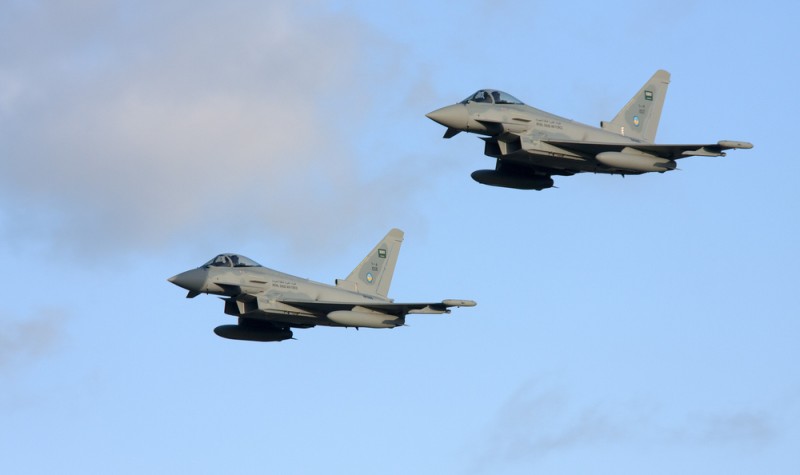BAE is fighting fit after its double-whammy of acquisitions

| Master Investor Magazine
Never miss an issue of Master Investor Magazine – sign-up now for free! |
Robert Stephens, CFA, discusses why BAE Systems could offer investment potential after its latest acquisitions.
Defence company BAE Systems (LON:BA.) announced a double acquisition on Monday. It has agreed to purchase Collins Aerospace’s’ Military Global Positioning System (GPS) business and Raytheon’s Airborne Tactical Radios business. They will cost $1.925bn and $275m respectively, with the amounts being paid for in cash.
The GPS business is expected to deliver an annualised growth rate in sales of 10%+ over the next four years. It is also due to maintain its recent margins during that time. Meanwhile, the Radios business is forecast to post a solid financial performance as demand for anti-jamming and encryption capabilities is likely to increase in the US and across NATO members.
The two technology-focused businesses are complementary to BAE’s existing Electronics Systems division, and will be integrated within it. They have become available as a result of the Raytheon-United Technologies merger, and are therefore dependent on it completing. The purchases strengthen BAE’s position within the wider electronics systems marketplace, in my opinion, and could catalyse its growth rate.
Defence industry outlook
The acquisitions come at a time where BAE is looking ahead to rising demand for its products and services. Following a number of years of cutbacks to military spending across developed nations, defence spending is forecast to increase.
For example, US defence spending increased by 7% in 2019, while an agreement among NATO members means that their defence expenditure is likely to rise to 2% of their GDP by 2024. Since 20 of NATO’s 29 members currently do not meet that target, their spending could increase at a faster pace in future than it has done in the past.
BAE is also expecting to double the size of its Australian business following the award of a contract to deliver nine new ships. Although there are uncertainties surrounding its Saudi Arabian business and the potential for regulatory changes which obstruct its ability to engage with the Kingdom, around 86% of its sales are derived from other nations. Therefore, its overall long-term prospects could improve.
Investment potential
As well as facing a bright future for its industry, BAE is investing in improving its operational performance. For instance, it completed an organisational restructure in 2018, and is aiming to improve the efficiency of its various divisions.
Monday’s prospective acquisitions suggest that it is seeking to leverage its solid balance sheet to capitalise on growth opportunities within the defence industry. Its financial position may provide it with scope to for further activity in this regard, while a price-earnings ratio of 13.5 suggests that investor sentiment has not yet caught up with the company’s improving outlook. That includes a forecast rise in earnings per share of 7% next year, which would represent its strongest performance since prior to the global financial crisis.
The stock may only have a yield of 3.7% following its recent post-election surge, but its total returns could be attractive given its modest valuation and long-term growth outlook.

Comments (0)